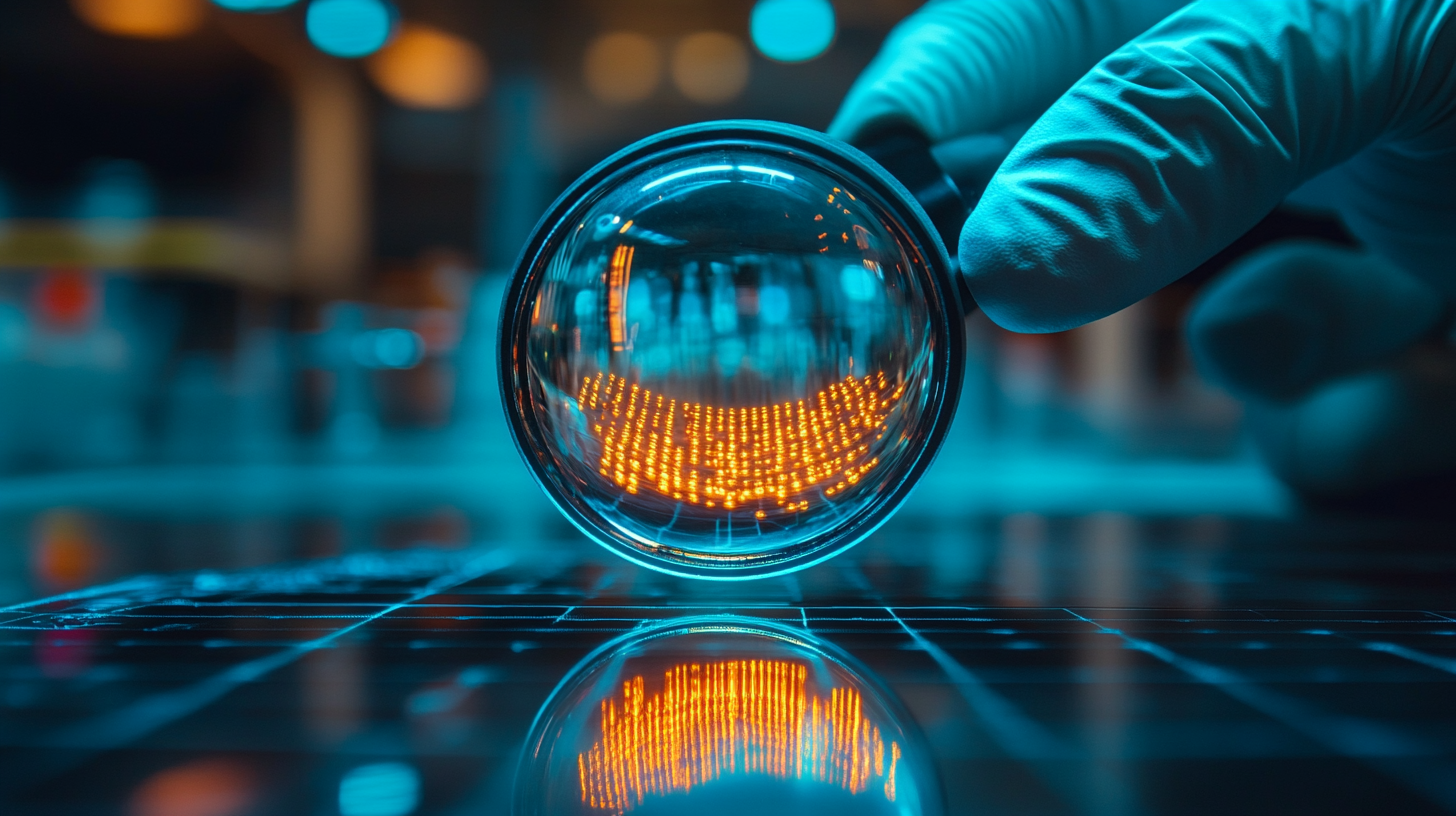Introduction to Quantum Forensics Law
Quantum Forensics Law (QFL) is an innovative field that integrates quantum physics, advanced forensic techniques, and legal principles to revolutionize evidence collection, analysis, and presentation in legal proceedings. This cutting-edge discipline aims to harness the unique properties of quantum systems to enhance the accuracy and reliability of forensic evidence, while also addressing the legal challenges posed by quantum-based investigative methods.
As quantum technologies continue to advance, QFL emerges as a critical area for ensuring the integrity of forensic science in the quantum age. By leveraging quantum sensing, quantum computing, and quantum cryptography in forensic applications, this field has the potential to solve previously unsolvable crimes, while also raising new questions about privacy, admissibility of evidence, and the nature of proof in a quantum world.
Fundamental Principles of Quantum Forensics Law
At its core, QFL operates on the principle that quantum phenomena can be harnessed to detect, analyze, and preserve evidence at unprecedented levels of detail and certainty. This involves developing legal frameworks for the use of quantum sensors in crime scene investigation, quantum computing in complex forensic data analysis, and quantum encryption in maintaining the chain of custody for digital evidence.
A key concept is "quantum trace detection," which uses quantum sensing technologies to identify microscopic traces of evidence that are undetectable by classical means. QFL aims to establish legal standards for the admissibility and interpretation of such quantum-derived evidence in court.
Another fundamental aspect is the development of "quantum-secure forensic protocols," ensuring that forensic data and analysis methods are protected against potential quantum computing attacks, thereby maintaining the long-term integrity of criminal investigations and legal proceedings.
Groundbreaking Applications
One of the most promising applications of QFL is in advanced DNA analysis. Quantum computing could potentially process complex genetic data at unprecedented speeds, allowing for more accurate identification of suspects or exoneration of the innocent, while quantum sensors might detect DNA traces in previously impossible scenarios.
In the realm of digital forensics, QFL offers the potential to develop quantum-based methods for detecting sophisticated cyber crimes. This could involve using quantum algorithms to analyze vast amounts of network data or employing quantum sensors to detect tampering in electronic devices.
Another groundbreaking application lies in the development of "quantum lie detection" technologies. By leveraging quantum effects in brain imaging or biometric monitoring, QFL could potentially create more reliable methods of assessing truthfulness, raising complex legal and ethical questions about their use in investigations and court proceedings.
Ethical Considerations and Challenges
As a field that promises to significantly enhance the power of forensic investigations, QFL raises important ethical questions. Balancing the potential for solving crimes with concerns about privacy invasion, ensuring equal access to quantum forensic technologies across different jurisdictions, and addressing the potential for quantum technologies to exacerbate existing biases in the criminal justice system are key ethical concerns.
A significant challenge is the complexity of quantum forensic methods. Ensuring that judges, lawyers, and juries can understand and appropriately weigh quantum-derived evidence presents considerable educational and procedural hurdles.
Societal Impact and Future Outlook
QFL has the potential to dramatically enhance the accuracy and scope of forensic investigations, potentially leading to more just outcomes in criminal proceedings. As the field advances, we may see a shift towards more scientifically rigorous courtroom proceedings, the emergence of new legal specialties in quantum forensics, and potentially a reevaluation of many cold cases in light of new quantum forensic capabilities.
Future research in QFL may focus on developing more sophisticated quantum sensing technologies for forensic applications, exploring the use of quantum machine learning in predictive policing (with attendant legal and ethical considerations), and investigating the potential for quantum entanglement-based methods of ensuring the integrity of evidence across long distances or time periods.

Comments